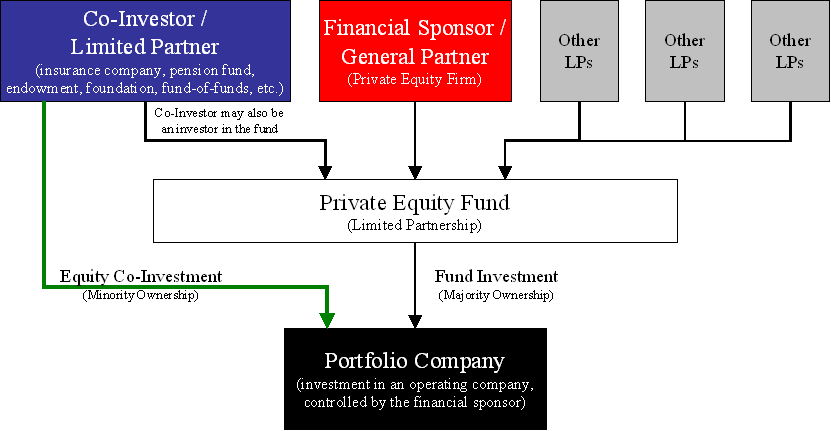Private equity funds are pools of capital to be bought companies that represent a chance for a high rate of return. They come with a fixed investment horizonReturn on Investment (ROI), typically ranging from four to seven years, at which point the PE firm wishes to profitably exit the investment.
2. Buyout or Leveraged Buyout (LBO)Contrary to VC funds, leveraged buyout funds buy more fully grown businesses, typically taking a controlling interest. LBOLeveraged Buyout (LBO) funds use comprehensive amounts of leverage to enhance the rate of return. Buyout discovers tend to be considerably larger in size than VC funds. Exit Factors to consider, There are several aspects in play that impact the exit strategy of a private equity fund.
Funds – Firm – Warburg Pincus
In terms of a wholesale exit from business, there can be a trade sale to another buyer, LBO by another private equity company, or a share repurchase. Tyler Tysdal’s Biography In terms of a partial exit, there might be a private placement, where another investor purchases a piece of business. Another possibility is corporate restructuring, where external financiers get included and increase their position in the business by partially acquiring the private equity firm`s stake.
To keep knowing and advancing your profession, the list below resources will be helpful:.
Private Equity – An Overview – Sciencedirect Topics
Checking out your household history with Origins!.?.!? PE-backed. But exactly what is private equity? A foundational concept for anybody interested in learning aboutor working in an industry digressive tothe private markets, this blog breaks down the basics of PE. What is private equity? Private equity (PE) is a type of funding where cash, or capital, is invested into a business.
Private Equity Investment Criteria – HESS GROUP INTERNATIONAL
PE is a major subset of a larger, more complicated piece of the monetary landscape referred to as the personal markets. Private equity is an alternative property class alongside real estate, equity capital, distressed securities and more. Alternative possession classes are thought about less conventional equity financial investments, which indicates they are not as easily accessed as stocks and bonds in the general public markets.
Private Equity Fund: What Is Pe Fund And How Does It Work?
What is a private equity fund? To invest in a company, private equity investors raise pools of capital from minimal partners to form a fundalso known as a private equity fund. Once they have actually hit their fundraising goal, they close the fund and invest that capital into appealing business. Both private equity funds and hedge funds are limited to recognized investors.
And shared funds are only permitted to collect management fees, whereas PE funds can gather efficiency costs, which is discussed more listed below. How do private equity firms earn money? PE funds gather both management and efficiency charges. These can differ from fund to fund, however the. Computed as a percentage of possessions under management or AUM, typically around 2%.
Private Equity: Overview, Guide, Jobs, And Recruiting
 Carried Interest and Performance Fee Incentives Stout
Carried Interest and Performance Fee Incentives Stout 
Private Equity Industry Trends and Outlook for 2017 Toptal
Computed as a percentage of the benefit from investing, typically around 20%. These costs are planned to incentivize greater returns and are paid out to staff members to reward their success. How does private equity work? To purchase a company, private equity investors raise pools of capital from restricted partners to form the fund.
When a PE company sells among its portfolio business to another business or financier, the company typically makes a revenue and distributes returns to the limited partners that invested in its fund. Some private equity-backed business might also go public. What are some examples of private equity firms? The Blackstone Group Headquartered in New York City, the financial investment company purchases PE, real estate and more.
How To Set Up A Private Equity Real Estate Fund – Naiop
So, VC is a form of private equity. Here are some additional differences between PE and VC. Private equity PE firms often purchase mature businesses in traditional industries. Utilizing capital devoted from LPs, PE financiers purchase promising companiestypically taking a majority stake (> 50%). When a PE company offers among its portfolio business to another business or financier, returns are distributed to the PE financiers and to the LPs.
Endeavor capital VC firms frequently invest in tech-focused start-ups and other young business in their seed. Using committed capital, VC investors normally take a minority stake